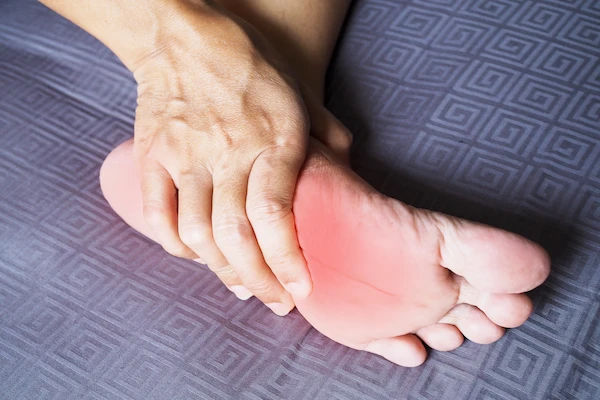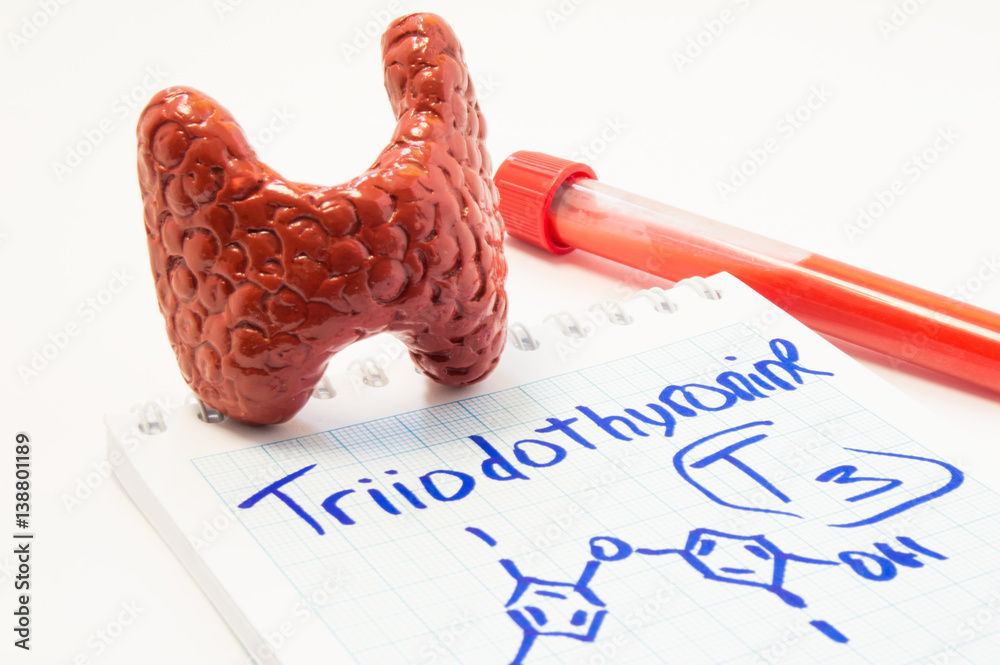- male
- 26 Years
- 29/01/2025
Hey, I've just turned 26 and I'm a guy. I recently had a health checkup and it turns out my TSH levels are unbelievably high at 96.34. My doctor wanted to double-check, so I got tested again, and now it's 99.46. My latest test results show T3 at 0.90, Free T4 at 0.53, and TSH at 99.46. I'm worried about how this might affect my daily life. I'm not married yet and I'm scared this could mess up my married life in the future. I do a lot of sportscan that help me manage things apart from taking medication? Also, I've started to notice I'm not handling the cold too well, plus my scalp and skin are pretty dry. Feeling a bit lost herehow is this going to impact my life moving forward? Any insights would be really appreciated.
Answered by 1 Apollo Doctors
Having high TSH levels can indicate hypothyroidism, which can affect your energy levels, metabolism, mood, and overall well-being. In terms of your future marriage life, high TSH levels can potentially impact fertility and sexual health, so it's important to address this issue. Regular exercise can help to some extent, but medication is usually necessary to regulate thyroid function. For your symptoms of intolerance to cold, scalpdry skin, and other potential hypothyroidism symptoms, your doctor may prescribe levothyroxine, which is a synthetic thyroid hormone. It's important to follow up with your doctor regularly to monitor your thyroid levels and adjust your medication as needed. Making lifestyle changes such as regular exercise, a balanced diet, and managing stress can also support thyroid health.
Dr. Dhankecha Suggests...
Consult a Endocrinologist
Answered 04/07/2025
0
0

Ask Apollo
AI powered Health Chatbot
-
Understanding Your Thyroid Test Results
- Your T3 level of 0.90, Free T4 level of 0.53, and TSH level of 99.46 suggest hypothyroidism, where the thyroid is underactive.
-
Impact of High TSH on Daily and Future Life
- High TSH can lead to fatigue, cold intolerance, and dry skin. It may also affect fertility and energy levels, impacting daily and marital life.
-
Lifestyle Changes to Support Thyroid Health
- Focus on balanced nutrition, avoid goitrogens (e.g., soy, cruciferous vegetables), and maintain regular exercise. These can help manage symptoms alongside medication.
-
Connection Between Symptoms and Thyroid Levels
- Cold intolerance, dry scalp, and skin are common in hypothyroidism. Treatment can improve these symptoms significantly.
-
Long-Term Outlook and Management
- Adhere to prescribed medication and regular monitoring. With proper management, you can lead a healthy life.
Answered 20/08/2025
0
0

More Endocrinology Health Queries
View allI recently got my TSH test results back, and it came out as 0.02. I'm kind of worried about it. Could you guide me on what steps I should take next and explain what this might mean for my thyroid health?
Hi, a TSH level of 0.02 is very low and suggests hyperthyroidism or an overactive thyroid. I recommend consulting your doctor or an endocrinologist for further evaluation, including free T3, T4, and antibody tests, to identify the cause and determine the appropriate treatment.
Answered by 1 Apollo Doctors
I'm a bit worried and need some advice. I had an IVF procedure on August 26th, and on September 9th, my beta hCG level was 44.34. I repeated the same test later that day, and it went up to 51.80. Then, two days later, it rose to 97.79. Am I pregnant? Please help me understand what's going on.
no need to worry follow your doctors advice
Answered by 1 Apollo Doctors
How is diabetes developed or gotten?
Exact cause is unknown but most appreciated hypothesis is either low insulin or insulin resistance due to genetic +/- environmental factors.
Answered by 1 Apollo Doctors
Disclaimer: Answers on Apollo 247 are not intended to replace your doctor advice. Always seek help of a professional doctor in case of an medical emergency or ailment.

 How does high TSH affect my energy levels?
How does high TSH affect my energy levels? 

